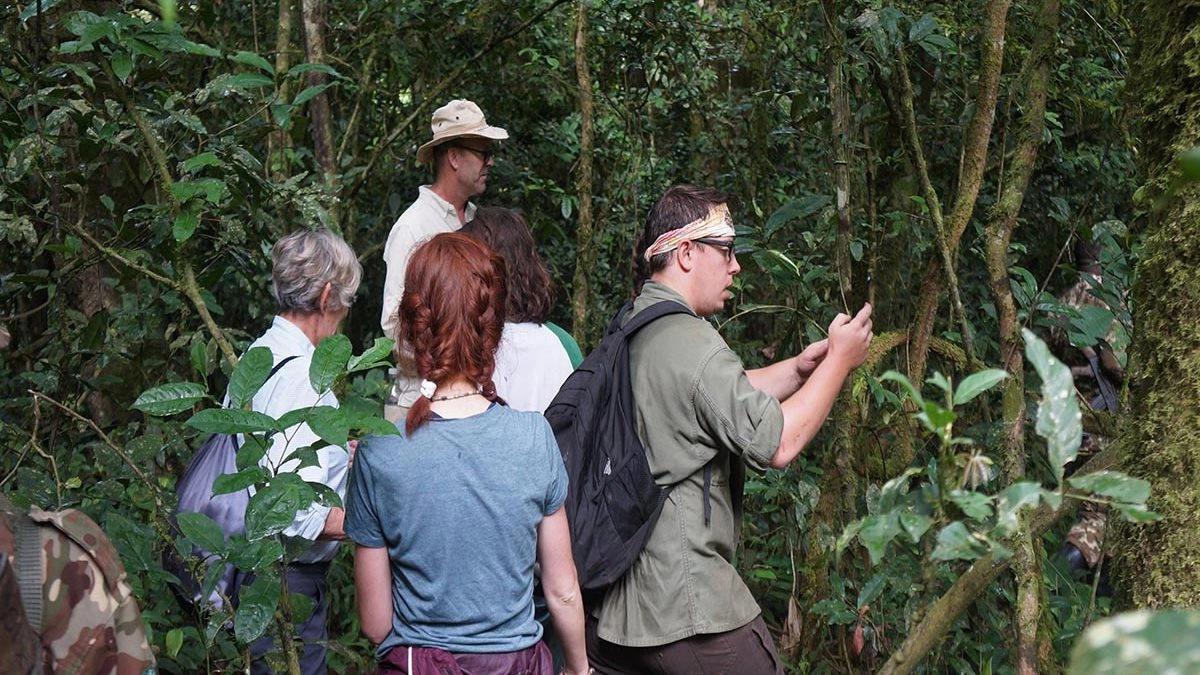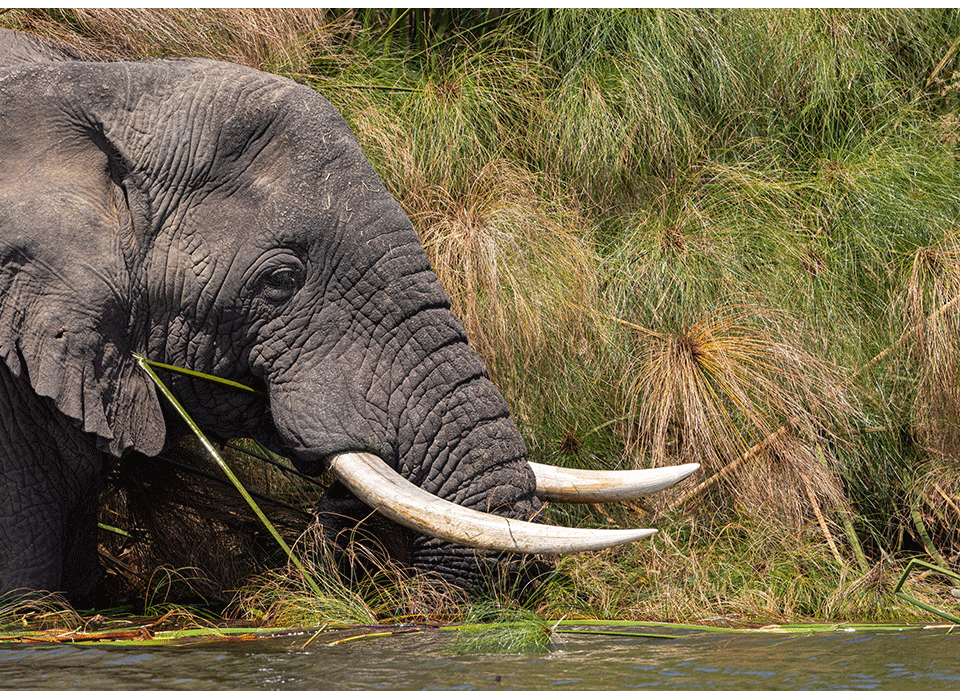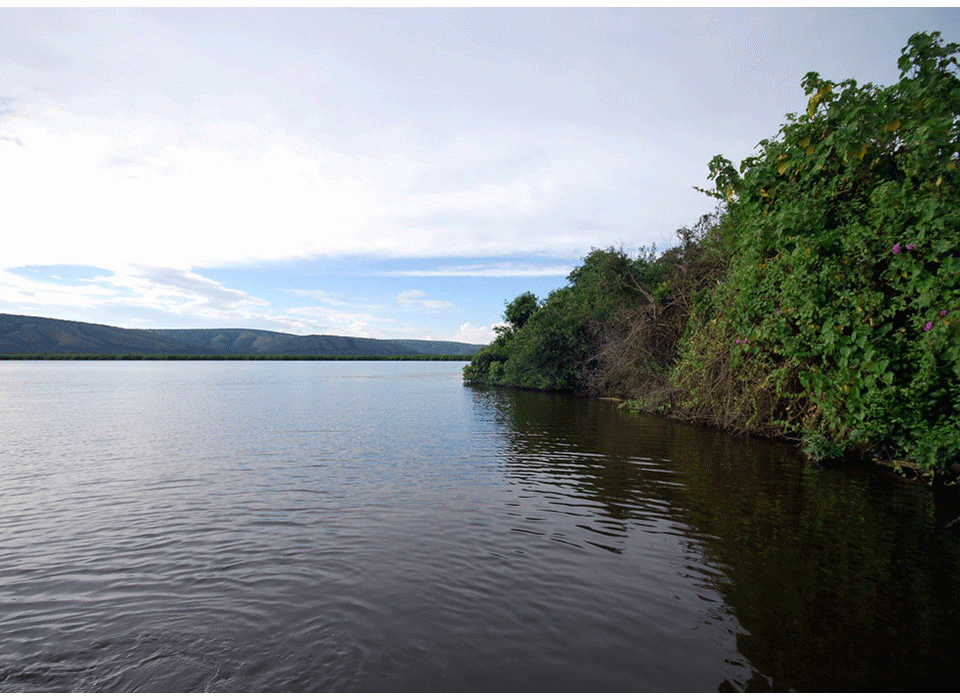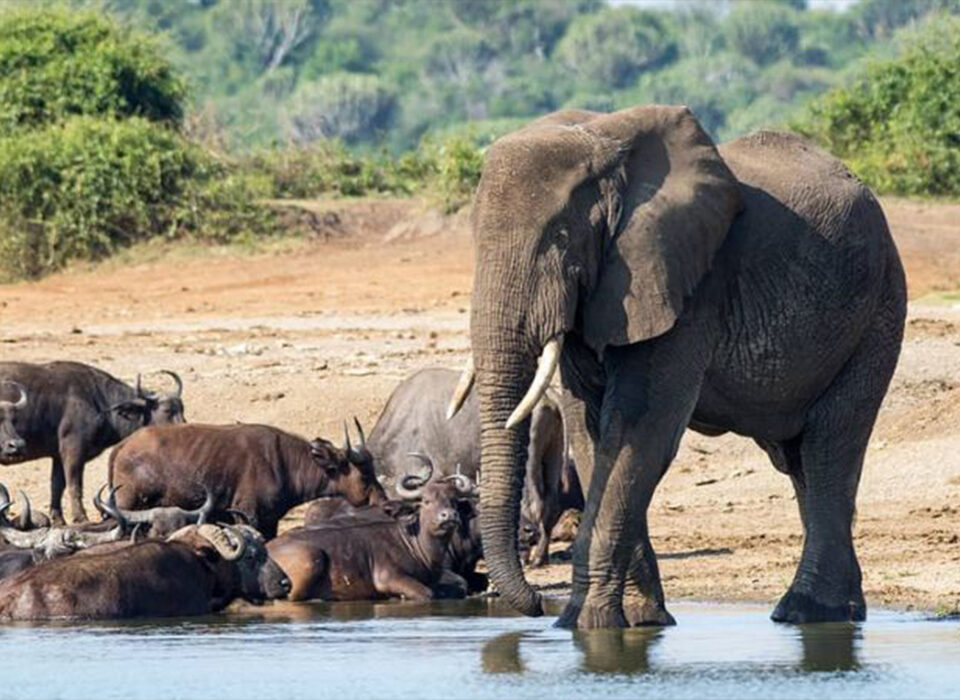
Uganda Birding Safaris for Professionals
November 21, 2025Uganda Safari Tours with Rhino Tracking
November 21, 2025Uganda Tours for Students and Researchers
Uganda, often called the Pearl of Africa, is one of the most rewarding destinations in the world for students and researchers seeking academic enrichment, field study opportunities, cultural exchange, wildlife observation, and practical learning experiences. Its diverse ecosystems, rich cultural heritage, vibrant communities, and well-established conservation projects make Uganda an open-air classroom full of discovery. Uganda Tours for Students and Researchers are designed to transform academic knowledge into hands-on experiences, providing real-world insight into biology, wildlife conservation, anthropology, environmental science, medicine, history, geography, agriculture, and more.
From tracking mountain gorillas in Bwindi and studying primates in Kibale Forest, to observing wetland ecosystems on Lake Victoria and interacting with traditional communities across the country, Uganda offers incredible opportunities for both short-term educational trips and long-term research projects. Universities, high schools, research institutions, conservation organizations, and individual scholars can all benefit from Uganda’s structured and experiential learning environments.
This detailed guide explores why Uganda is one of the best destinations for student and research tours, the top academic fields supported by Uganda’s landscapes and institutions, the best destinations for learning experiences, sample itineraries, logistical tips, and how Experiya Tour Company can support specialized academic travel needs.
Why Uganda Is Ideal for Student and Research Tours
Diverse Study Environments
Uganda’s landscapes include:
Tropical rainforests
Savannah plains
Wetlands
Volcanoes
Rivers and lakes
Urban centers
Mountain ranges
Each ecosystem offers unique learning opportunities for scientific and cultural research.
Rich Cultural and Anthropological Resources
Uganda is home to more than 50 ethnic groups, each with distinct cultural practices, languages, values, and histories. This cultural diversity allows students to explore anthropology, sociology, history, and ethnographic studies.
Internationally Recognized Conservation Sites
Uganda hosts many protected areas and research centers including:
Bwindi Impenetrable National Park
Kibale Forest National Park
Queen Elizabeth NP
Mgahinga Gorilla NP
Mabamba Wetland
Ziwa Rhino Sanctuary
These locations provide ideal environments for wildlife and ecological studies.
Safe and Welcoming Environment
Students and researchers benefit from Uganda’s friendly people, strong community support, and educational partnerships.
Growing Academic Partnerships
Uganda collaborates with global universities and conservation organizations, offering internship programs, research permits, and academic support.
Top Areas of Study for Uganda Student and Research Tours
1. Wildlife Conservation and Ecology
Uganda is a living laboratory for conservation biology and ecology.
Study opportunities include:
Mountain gorilla conservation in Bwindi
Chimpanzee research in Kibale Forest
Big cat ecology in Queen Elizabeth NP
Wetland ecosystems along Lake Victoria
Bird migration patterns
Students gain firsthand experience in habitat protection, species monitoring, and biodiversity surveys.
2. Primate Research
With over 20 primate species, Uganda is one of the top primate research destinations in Africa.
Key locations:
Kibale Forest – chimpanzees
Bwindi – mountain gorillas
Budongo – chimpanzee behavior
Mgahinga – golden monkeys
Students can participate in:
Primate tracking
Behavioral observation
Feeding studies
Nest surveys
3. Environmental Science
Uganda’s environmental challenges and conservation successes provide rich academic content.
Topics include:
Climate change impact
Wetland conservation
Forest regeneration
Pollution studies
Agriculture and land use patterns
4. Anthropology and Cultural Studies
The cultural richness of Uganda provides excellent materials for anthropological research.
Cultural study areas include:
Buganda kingdom traditions
Karamojong pastoralist culture
Batwa forest communities
Banyoro heritage
Acholi history and resilience
Students engage in community visits, interviews, participatory research, and traditional activities.
5. Agriculture and Sustainable Development
Uganda is an agricultural nation, offering real-world lessons in:
Crop production
Agro-ecology
Coffee farming
Tea plantation management
Organic practices
Food security programs
Educational visits to farms and cooperatives provide practical learning experiences.
6. Geography and Geology
Uganda has diverse geological formations including:
Volcanoes
Rift valleys
Crater lakes
Waterfalls
Mount Rwenzori glaciers
Students can study physical geography, geomorphology, hydrology, and plate tectonics.
7. Public Health and Medicine
Uganda is a center for public health innovation, offering study opportunities in:
Disease prevention
Maternal health programs
Rural health delivery
Water and sanitation
Students often partner with local hospitals, clinics, and NGOs.
8. Tourism and Hospitality Management
Uganda’s booming tourism sector allows students to study:
Ecotourism models
Hospitality operations
Cultural tourism
Wildlife management
Protected area economics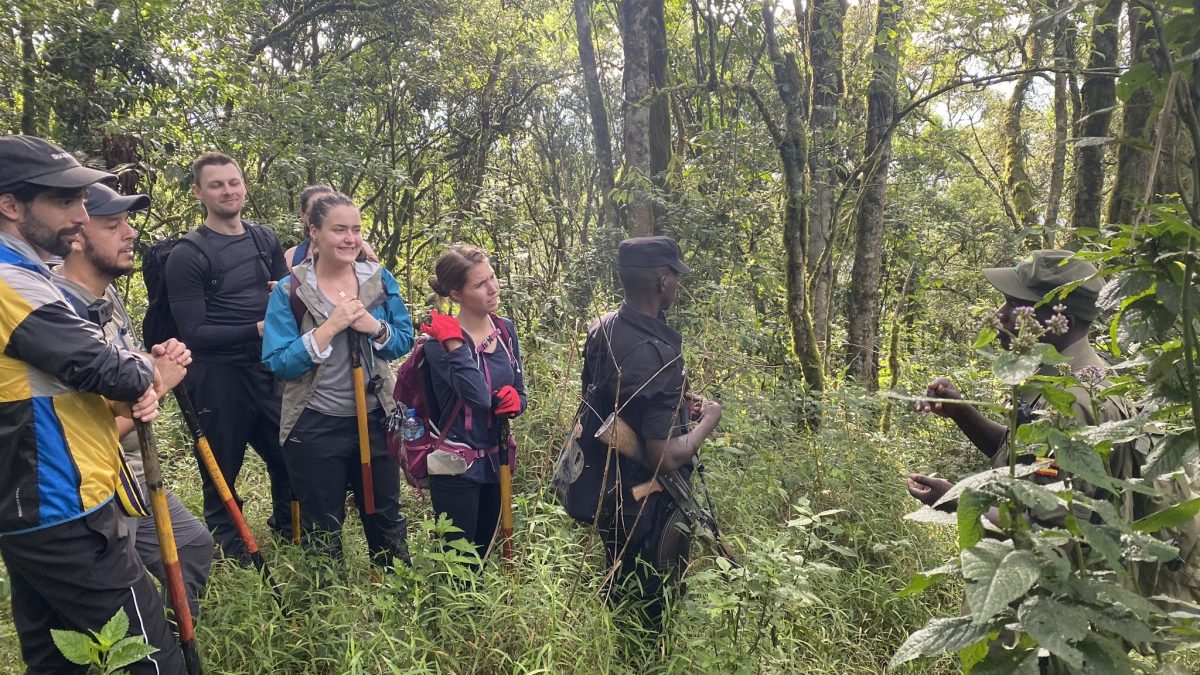
Best Destinations for Student and Research Tours
Bwindi Impenetrable National Park
Ideal for:
Gorilla behavior studies
Forest ecology
Community conservation
Kibale Forest National Park
Perfect for primate research, biodiversity studies, and forest ecology.
Queen Elizabeth National Park
Suits students studying:
Wildlife management
Savannah ecosystems
Human-wildlife conflict
Murchison Falls National Park
Great for studying the Nile River ecosystem and large mammal behavior.
Lake Victoria Basin
Ideal for wetland ecology, fisheries studies, and water resource management.
Rwenzori Mountains
Suitable for:
Glaciology
Mountain ecology
Climate change monitoring
Jinja and Source of the Nile
Perfect for geography, hydrology, and adventure tourism studies.
Karamoja Region
Excellent for anthropology, pastoralism, and cultural research.
Fort Portal Crater Lakes Region
A natural laboratory for geology and environmental science.
Sample Study and Research Itineraries
7-Day Conservation & Ecology Field Trip
Day 1: Arrival and briefing
Day 2: Kibale Forest primate study
Day 3: Bigodi Wetland birding
Day 4: Queen Elizabeth NP game study
Day 5: Kazinga Channel water ecology
Day 6: Community conservation program
Day 7: Return and reporting
10-Day Anthropology & Culture Tour
Includes visits to Buganda kingdom sites, Batwa communities, and Karamojong pastoral lands.
14-Day Multi-Disciplinary Research Tour
Combines primate research, environmental studies, cultural visits, and geography fieldwork.
Benefits of Uganda Tours for Students and Researchers
Hands-on experiential learning
Exposure to real-world research environments
Boosted academic and career development
Cultural immersion and global understanding
Opportunities to publish research
Networking with conservationists and scientists
Enhanced teamwork and leadership skills
Practical Tips for Student and Research Tours
Secure research permits early
Pack proper field gear (boots, rain jackets, notebooks)
Bring enough data collection tools
Travel with certified guides and facilitators
Respect local culture and community protocols
Stay hydrated and practice good hygiene
Follow ethical research guidelines
Choose accommodations close to research sites
Why Uganda Is a Top Choice for Educational Travel
Uganda offers a unique combination of academic depth, wildlife richness, cultural immersion, and safety. The country’s warmth, biodiversity, and commitment to conservation make it ideal for students and researchers seeking meaningful, immersive, and academically valuable experiences.
Book Your Student or Research Tour with Experiya Tour Company
Experiya Tour Company specializes in arranging educational travel, research support, student group tours, academic safaris, and customized field study programs in Uganda. With strong local partnerships, professional guides, reliable transport, research coordination, and tailored itineraries, Experiya ensures a smooth and enriching journey for student groups and academic travelers. Book your Uganda Student and Research Tour with Experiya Tour Company today and explore the Pearl of Africa through an educational and transformative lens.

